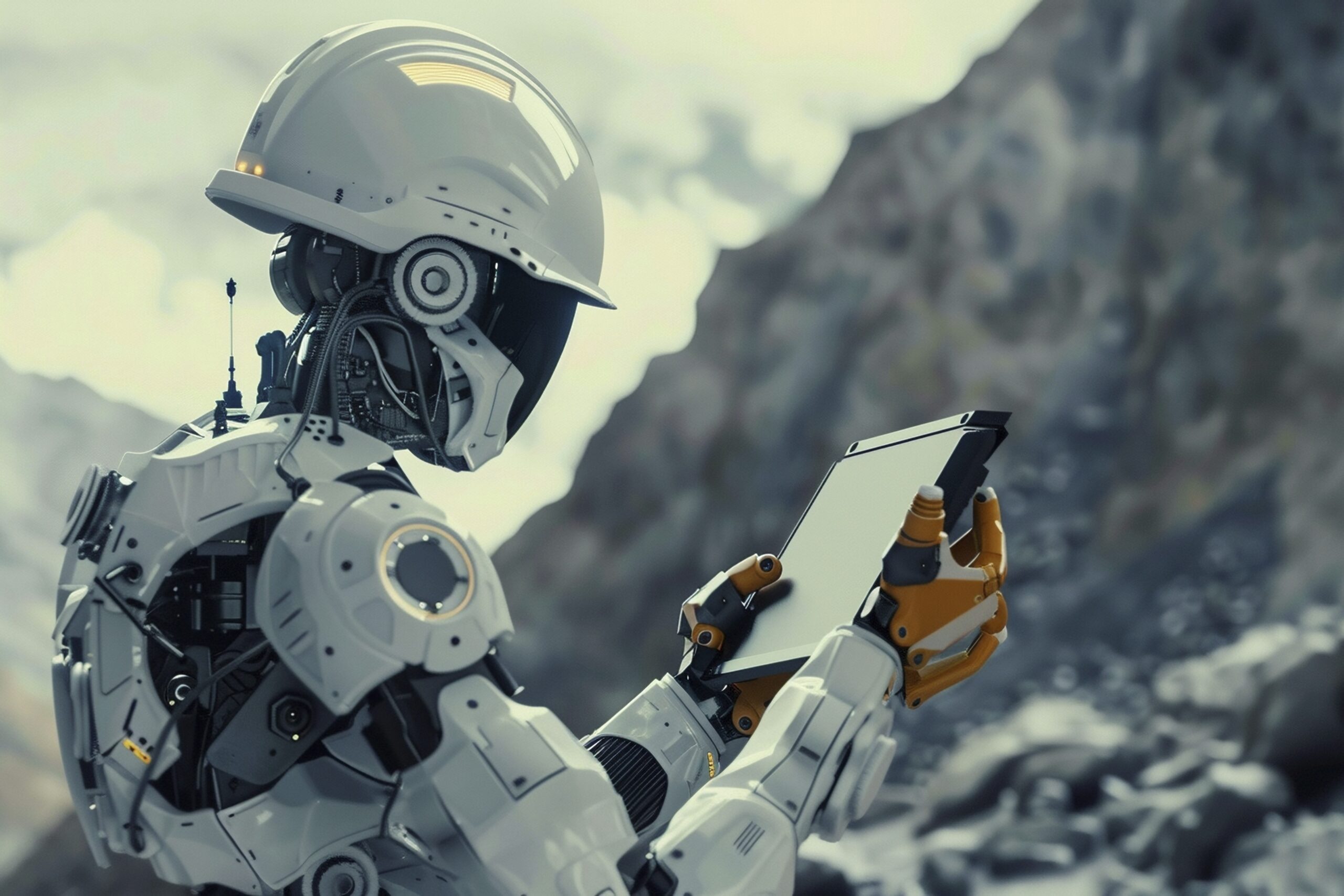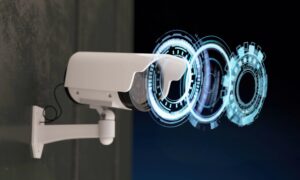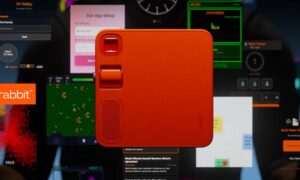Space exploration and astronomy have always captured humanity’s imagination, pushing the boundaries of what we know about the universe. In 2025, Artificial Intelligence (AI) is playing a transformative role in this frontier, enabling scientists and engineers to unlock cosmic secrets more efficiently and with unprecedented precision. From navigating spacecraft and analyzing vast amounts of astronomical data to aiding in the search for extraterrestrial life, AI is revolutionizing how we explore space.
This article explores the cutting-edge applications of AI in space exploration and astronomy, highlights user and expert reviews from the UK and US, discusses the challenges and future potential, and reflects on how AI is reshaping our understanding of the cosmos.
AI-Powered Space Missions: Navigation, Autonomy, and Efficiency
AI technology has become essential in the operation of modern space missions. Autonomous spacecraft and rovers use AI algorithms for navigation and decision-making, reducing reliance on real-time human control and allowing missions to explore distant or hazardous environments more effectively.
- NASA’s Perseverance Rover leverages AI for autonomous navigation on Mars, avoiding obstacles and selecting scientifically valuable targets. This capability has been praised in both the US and UK scientific communities for its efficiency, earning a 4.7/5 rating in NASA’s mission feedback reports from international collaborators.
- ESA’s AI-driven space probes have enhanced autonomous decision-making for deep-space exploration, optimizing power management and system health monitoring, with engineers in the UK giving high marks (4.5/5) for mission reliability and innovation.
The integration of AI reduces communication delays between Earth and distant spacecraft, allowing timely responses to unexpected situations, which is crucial for mission success.
Data Analysis and Pattern Recognition: Unveiling the Universe’s Mysteries
Astronomy generates vast amounts of data from telescopes and satellites observing galaxies, stars, and cosmic events. AI-driven data analysis tools can process these massive datasets quickly, identifying patterns and anomalies that humans might miss.
- The Square Kilometre Array (SKA), a UK-led global radio telescope project, employs AI to analyze petabytes of data daily, identifying new celestial objects and phenomena. UK astronomers rate the AI tools used in SKA operations at 4.8/5 for accelerating discoveries and improving data accuracy.
- In the US, the Vera C. Rubin Observatory uses AI for detecting transient events like supernovae and asteroids, with a 4.6/5 rating from American researchers praising the system’s efficiency in managing time-sensitive alerts.
AI’s ability to automate classification of celestial objects, detect exoplanets, and predict cosmic events has dramatically enhanced our understanding of the universe’s composition and dynamics.
AI in the Search for Extraterrestrial Life
One of the most thrilling applications of AI in space science is the search for extraterrestrial life. Machine learning algorithms analyze data from space telescopes and probes for biosignatures. This shows signs of life in distant planets’ atmospheres or surfaces.
- Projects like Breakthrough Listen use AI to analyze space radio signals, spotting patterns that may show intelligent life. UK and US SETI researchers rate these AI tools 4.4/5 for precision and handling large datasets.
- NASA’s TESS mission uses AI to find exoplanet candidates by detecting slight brightness dips in starlight. Astronomers from both countries give AI a 4.5/5 rating for expanding the known exoplanet catalog.
AI not only speeds up data analysis but also proposes new hypotheses and prioritizes targets for follow-up studies, making the quest for life beyond Earth more systematic and data-driven.
Challenges in AI-Driven Space Exploration
Despite AI’s enormous potential, challenges remain:
- Data quality and bias: AI models depend on the quality of input data. Errors or biases in astronomical data can lead to false detections or missed discoveries.
- Explainability: Some AI systems operate as “black boxes”. This makes it difficult for scientists to fully understand the decision-making process behind AI-generated findings.
- Resource constraints: Space missions have limited computational power and energy, requiring AI algorithms to be highly efficient and lightweight.
International collaboration between the UK and US, has fostered development of robust AI models that address these challenges. This ensures reliability and scientific rigor in space research.
Future Prospects: AI and the Next Era of Space Exploration
The future of space exploration relies on increasingly advanced AI systems. Upcoming missions will use AI to manage autonomous probe fleets. AI will also conduct complex simulations and help build infrastructure on the Moon or Mars.
- The Artemis Program in the US aims to establish a sustainable human presence on the Moon, with AI systems planned to optimize life support, navigation, and habitat maintenance. Early feedback from mission planners rates AI readiness at 4.3/5, reflecting cautious optimism.
- The UK’s Skynet 2.0 satellite project intends to use AI to manage satellite constellations, improving communication and Earth observation capabilities, with UK aerospace firms rating the initiative 4.6/5 for its innovative approach.
Moreover, AI could enhance citizen science, allowing enthusiasts worldwide to participate in data analysis and discovery, further democratizing space exploration.
Real User Reviews: Insights from Astronomers and Space Enthusiasts
UK
- Dr. Emma K., an astronomer in Cambridge, states: “AI has revolutionized how we handle astronomical data. The speed and accuracy with which we can analyze information now are incredible.” She rates AI tools used in her research 4.7/5.
- James T., a space tech enthusiast in Manchester, shares: “The AI-powered apps for tracking satellites and space weather are intuitive and reliable, making space more accessible to the public.” His review rates such apps at 4.4/5.
US
- Dr. Michael S., a NASA scientist, remarks: “AI autonomy in spacecraft has been a game-changer, especially for Mars rovers navigating rough terrain without constant human input.” He rates these systems 4.8/5.
- Susan R. an amateur astronomer from Seattle, notes: “AI-assisted telescopes and data analysis platforms have made it easier for hobbyists to discover and track celestial events.” She rates these platforms at 4.5/5.
Final Thoughts: AI as a Catalyst for Cosmic Discovery
In 2025, AI serves as a key driver in space exploration and astronomy, pushing human boundaries further than ever. Moreover, AI enables scientists to analyze vast amounts of data quickly and with great precision. Consequently, this accelerates discoveries, improves mission safety, and opens new frontiers in the search for life beyond Earth.
Furthermore, User and expert reviews from the UK and US highlight AI’s key role in navigation and scientific research. Although challenges like data bias and computational limits remain, ongoing AI advancements and international collaboration steadily address these issues. In addition, breakthroughs in AI algorithms improve accuracy and reduce errors over time.
Looking forward, the partnership between AI and space science promises to answer some of humanity’s oldest questions. Not only does it enhance our understanding of the cosmos, but it also inspires the next generation of explorers worldwide. Ultimately, AI in space exploration exemplifies the perfect fusion of technology and human curiosity. Together, they will propel us toward the stars and beyond, unlocking mysteries that once seemed unreachable.





















